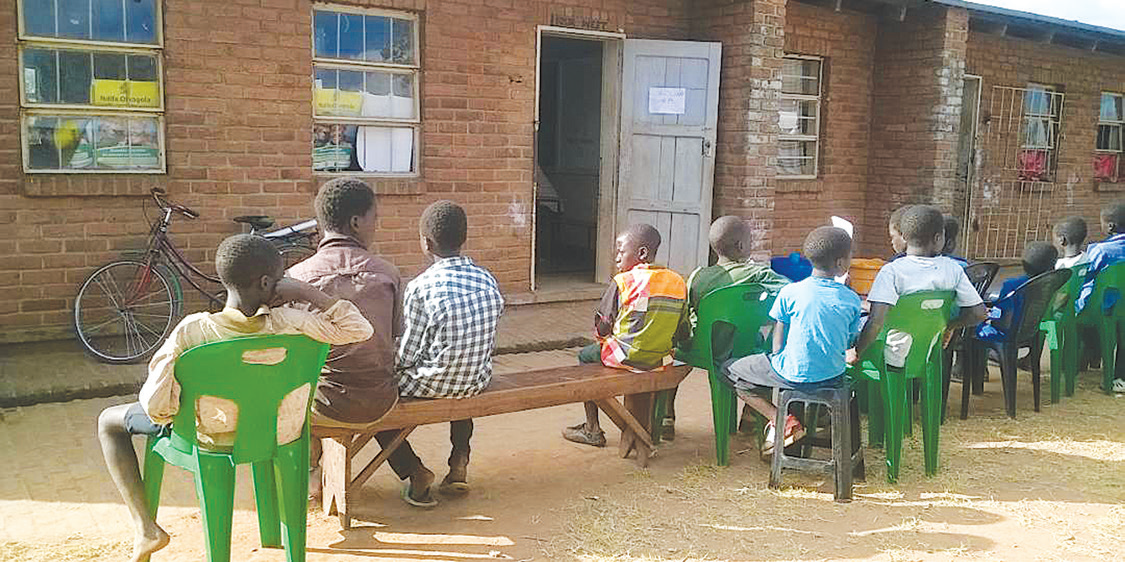K70.6bn Aswap II project winding up
The World Bank and government have expressed satisfaction with the implementation and impact of the $68.1 million (about K70.6 billion) Agriculture Sector Wide Approach Support Project II (Aswap-SPII) which has benefitted 270 000 households.
Speaking during the project closure dissemination meeting in Lilongwe on Friday, World Bank senior agriculture economist Time Fatch said despite facing some challenges such as the Covid-19 pandemic, droughts, floods and cyclones, Aswap SP II has exceeded its targeted outcomes.
He said the programme has seen increased productivity among farmers besides benefitting over 270 000 farming households.
Fatch said: “Despite the challenges, farmers’ productivity has improved tremendously. Our target was to increase productivity by 20 percent, but it has increased to between 35 and 40 percent.

“This 35 to 40 percent also due to the challenges that farmers experienced such as floods, droughts or cyclones. Otherwise, if the five years were normal years, farmers would surpass the 40 percent successes that we have seen.”
He rated Aswap SP II as one of the most successful projects implemented by the Ministry of Agriculture.
Ministry of Agriculture Principal Secretary Dicxie Kampani hailed the Aswap project for reviving banana farming, which has benefited many Malawians.
He said farmers have also been empowered with skills in making manure to improve yields, adding the fact that the project included a sustainability mechanism gives hope that farmers and many others will continue to benefit.
“The people that have benefited and are continuing to benefit are more than what we expected. The beneficiaries are supporting others with suckers and other inputs as such more people are benefiting,” said Kampani.
He added that lessons learnt from the successful implementation of the programme will help government in implementing other programmes.
Aswap SPII coordinator Henry Msatilomo said it was exciting that the project has instilled a sense of ownership among the beneficiary farmers.
Aswap SPII promoted production of bananas, soya beans, beans, sweet potatoes and cassava but also promoted livestock production.
Implementation of the project started in May 2018 and was expected to end on December 31 2021. However, the Malawi Government negotiated for additional financing of $13.1 million (about K14 billion and extended the project by 18 months from January 1 2022 to June 30 2023. The initial funding was $55 million (about K56 billion).
The project was managed by the World Bank, with funding from the European Union, United States Agency for International Development, Norwegian Ministry of Foreign Affairs, Irish Aid and the Government of Flanders.





